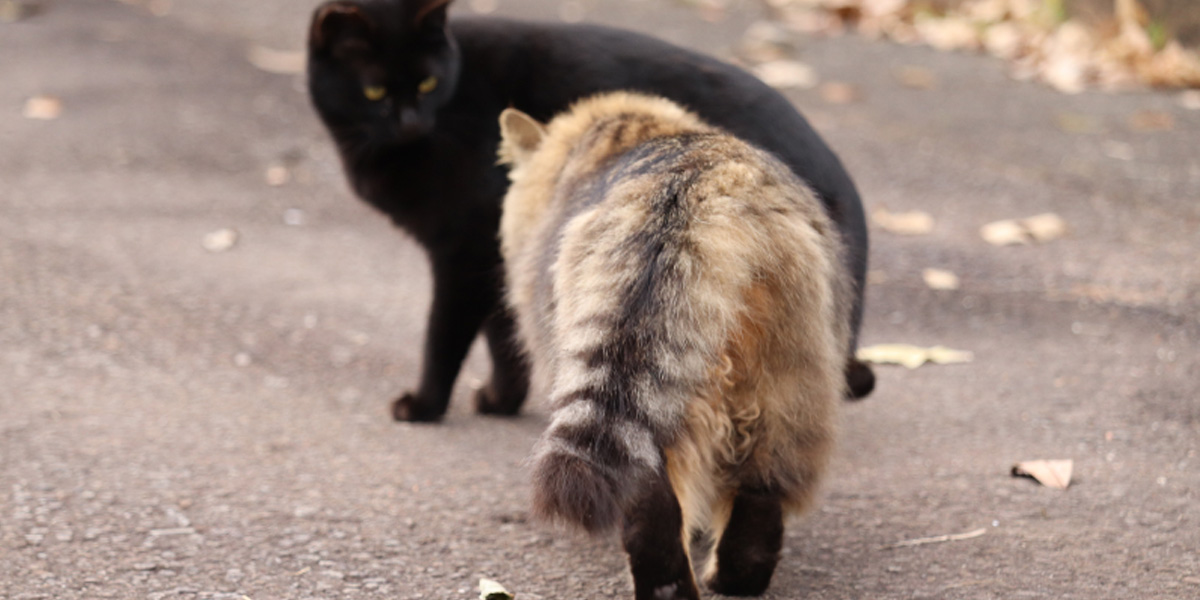
SAVE AN EXTRA $5 - $20 OFFUse code PETS in cart (Exclusions apply)

Save 40% with first AutoShipUse code NEW40 (Up to $40 max. Exclusions apply)

While efforts are made to answer all questions as quickly as possible, if an immediate answer is required or if your pet is in need of urgent or emergency care, contact your pet's veterinarian immediately.

You will receive an answer from Dr. Lindsay and our vet/tech team as soon as possible, usually the same day.
All answers are provided for informational or educational purposes only, and are intended to be a supplement to, and not a substitute for, the expertise and professional judgment of your pet's veterinarian.
It may be necessary to consult your pet's veterinarian regarding the applicability of any opinions or recommendations with respect to your pet's symptoms or medical condition.
Close
An error has occurred, please reload the page and try again.
Close
While efforts are made to answer all questions as quickly as possible, if an immediate answer is required or if your pet is in need of urgent or emergency care, contact your pet's veterinarian immediately.
There is no answer related to your question

Has your not-so-little-anymore kitten gone into her first heat? Or are you preparing for her first cycle? Cats can go into their first heat as soon as four months of age, so if it hasn't happened yet, it's likely soon to come. Learn what you should know to care for your cat when she's in heat, and how to prevent unwanted pregnancies.
The feline heat cycle has four phases: anestrus, proestrus, estrus and interestrus.
Anestrus is when your cat is not in heat and does not have heat cycles, during cold winter months. If you're in the United States, this would typically be between late September and early January.
Proestrus comes right after anestrous, lasting just 1-2 days. It's when your cat is coming into heat but isn't receptive to mating yet. Your cat may become unusually affectionate, rubbing up against you or vertical surfaces around your home. She may also assume the mating position, raising her hind end and crooking her tail to the side.
Estrus is when your cat is truly in heat. During estrus, your cat can mate and become pregnant. Unlike a dog, your cat will not bleed when she's in heat. Behavioral changes are the biggest indicator of your cat's cycle. Your cat may yowl as though she's in pain. She may roll around, mark vertical objects with urine, and constantly demand for attention. All of these are normal signs that will disappear when estrus is over, in about 1-2 weeks.
Cats are induced ovulators. This means they release eggs when they mate. This can happen multiple times during a heat cycle. If a cat mates with more than one male, her litter can be made up of kittens with different fathers.
Interestrus comes after estrus. Now, your cat will no longer act out mating signals; she'll be back to her normal self. However, she will go into estrus every 2-3 weeks until the breeding season is over.
Keep in mind that after a cat has gone into heat, she becomes vulnerable to pyometra, a life-threatening uterine infection. Watch for stomach distension, lethargy, and pus from the vulva, possibly tinged with blood. If you suspect your cat has pyometra, she'll need emergency veterinary care to ensure her survival.
Diestrus only happens if your cat has mated. Mating stimulates ovulation, but ovulation does not always lead to pregnancy. If your cat ovulates, but does not get pregnant, she will have a false pregnancy. If your cat has a false pregnancy, she may behave differently, nesting as though she's expecting to give birth, and she may lactate. False pregnancies last about 1-3 weeks and typically resolve on their own. If she gets pregnant, she'll give birth about 60 days after mating.
You can prevent unwanted pregnancies by keeping your female away from intact males during her heat cycles. If you are not planning on breeding your cat throughout her lifetime, you can get her spayed.
 Swipe
Swipe